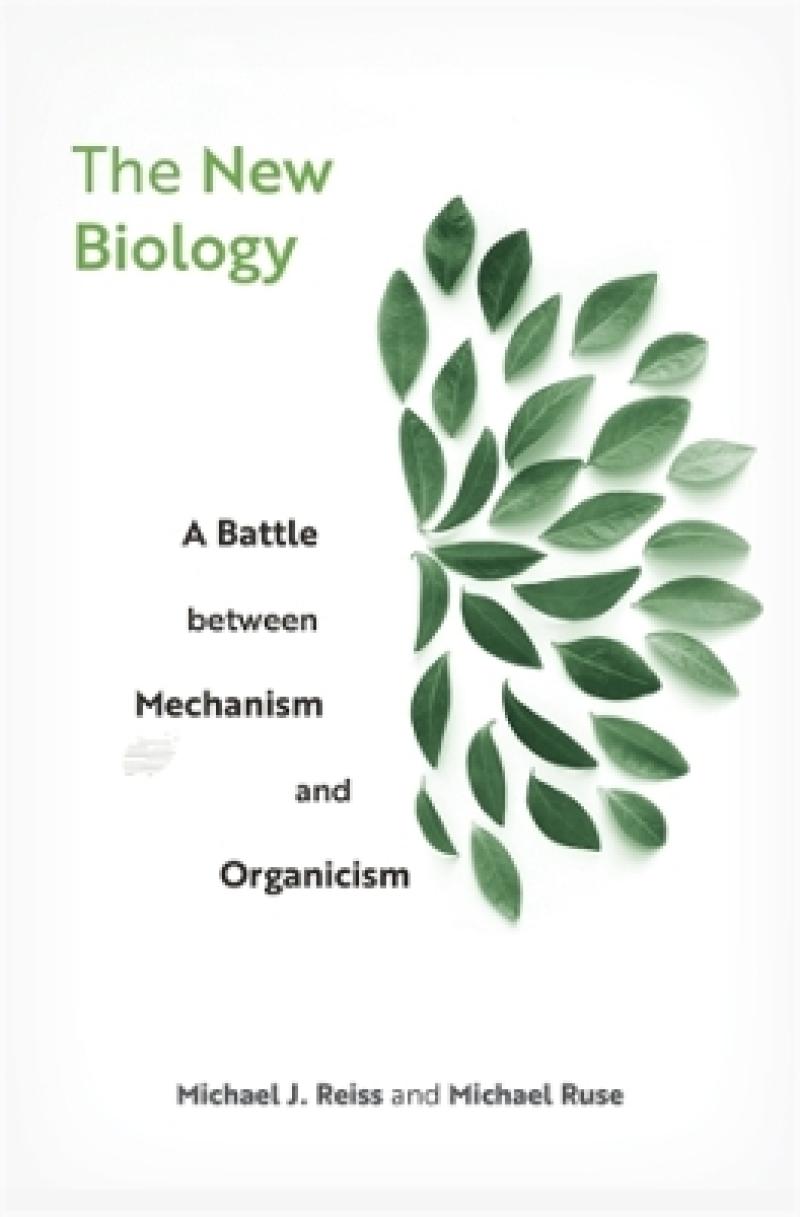A feisty, engaging, and highly readable exploration of contemporary trends in biology. This book makes a compelling case for recovering organicist approaches to biology if we are to understand the complexity of life and biological systems. -- Alister McGrath, Andreas Idreos Professor of Science and Religion, University of Oxford Since the time of Aristotle, the nature of living systems has been a topic of major philosophical and scientific debate, enhanced by the rise of molecular biology and the sciences of emergent complexity during the twentieth century. In lucid prose, Reiss and Ruse reveal how the debate is extremely relevant to our lives today. -- Bruce Weber, coauthor of Darwinism Evolving The mechanism-holism debate undergirds much of the history and philosophy of biology, but it is often cast as a stale topic fraught with abstractions about the properties of life. This book offers us a lively, engaging, and occasionally provocative rethink about an age-old topic that is very much alive and relevant to contemporary biology today. -- Vassiliki Betty Smocovitis, University of Florida A fascinating exploration. Reiss and Ruse offer a clear roadmap for a better understanding of complexity and emergence across the life sciences, vital for evolution, behavioral science, science education, and science's conversation with faith. -- Joe Cain, Professor, University College London Science is often portrayed as an objective quest for truth, not influenced by the social, cultural, historical, and religious contexts in which it is practiced. In this splendid book, Michael Ruse and Michael Reiss show that science has always been, and will likely always be, in reciprocal influence, and in continuous interaction, with the many ways through which we perceive the world. Reading this book will make you see science in a brand new way. -- Kostas Kampourakis, coauthor of Uncertainty: How It Makes Science Advance This is an informative, clearly written, and timely exploration of the historical roots and the current uses and misuses of the notions of mechanism and organicism. The insights in this book could lead to richer methodologies and better coping mechanisms across health, gender, race, ecological sustainability, and religion. -- Eva Jablonka, author of Picturing the Mind: Consciousness through the Lens of Evolution
